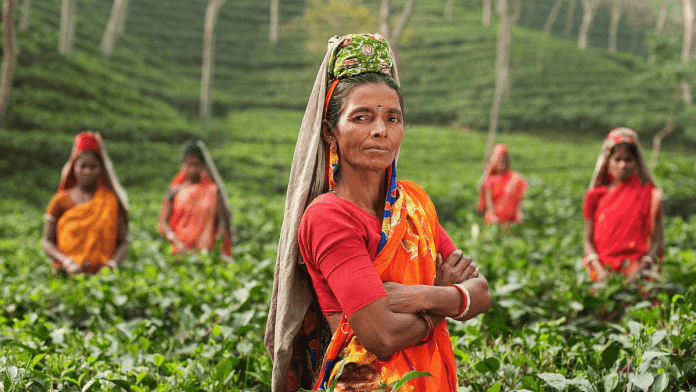News In Brief:
– Farmers in India and Pakistan are increasingly adopting regenerative farming practices, prioritising soil health and organic methods to achieve bumper harvests.
– Despite challenges such as land degradation and lack of government support, local heroes are leading the way, demonstrating the potential of regenerative agriculture to transform the farming landscape.
In the heartlands of India and Pakistan, a quiet revolution is taking place in agriculture. Farmers, disillusioned with conventional methods, are embracing regenerative farming practices. This shift is not just about cultivating crops; it’s about nurturing the land and reaping bountiful rewards. Let’s delve into how this movement is reshaping farming communities on both sides of the border.
Sultan Ahmed Bhatti’s story, as published by a news outlet, epitomises the spirit of this movement. In Doober Bhattian, Pakistan, Bhatti’s decision to abandon traditional farming techniques raised eyebrows among his peers. However, his success with wheat cultivation on raised beds soon silenced skeptics. Today, Bhatti’s farm serves as a beacon of hope for farmers, attracting visitors eager to learn his secrets.

The essence of regenerative farming
At the core of regenerative farming lies a simple principle: respect for the soil. By minimising chemical inputs and maximising organic practices, farmers like Bhatti are rejuvenating their land and reaping bumper harvests. This approach not only enhances soil health but also reduces the environmental footprint of agriculture.
While regenerative farming is gaining traction worldwide, its impact on local farmers in India and Pakistan is profound. Samir Bordoloi’s transformation from a government employee to a pioneering farmer in Assam, India, underscores this trend. Bordoloi’s innovative techniques, including zero tillage and natural pest control, have transformed once-barren land into a thriving food forest.
Despite its promise, regenerative farming faces challenges. Land degradation, debt-ridden farmers, and a lack of government support hinder its widespread adoption. However, voices like Dr. M. Azeem Khan and Mahmood Nawaz Shah advocate for change. They call for policy reforms, technical assistance, and financial incentives to empower farmers on their journey towards sustainability.



